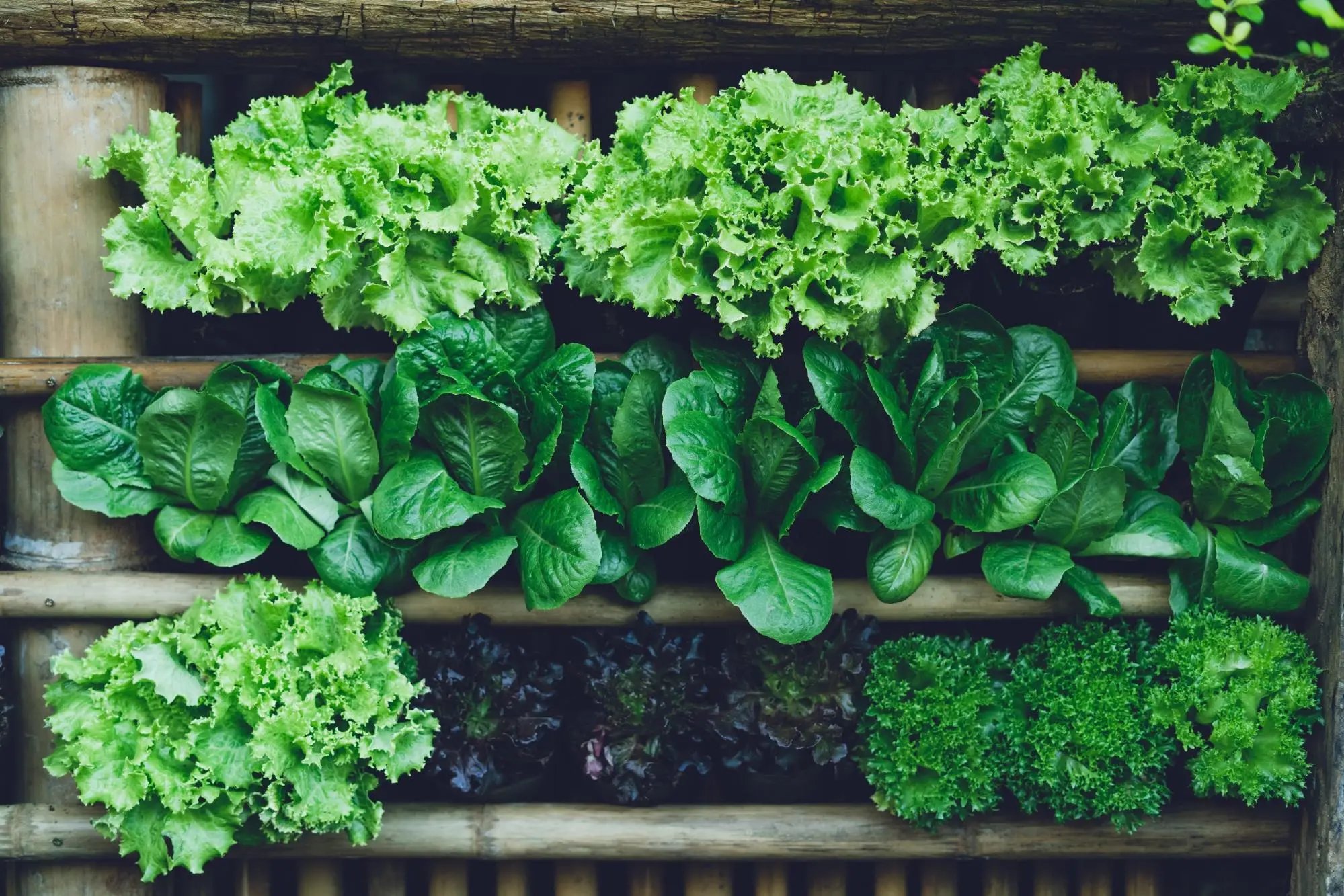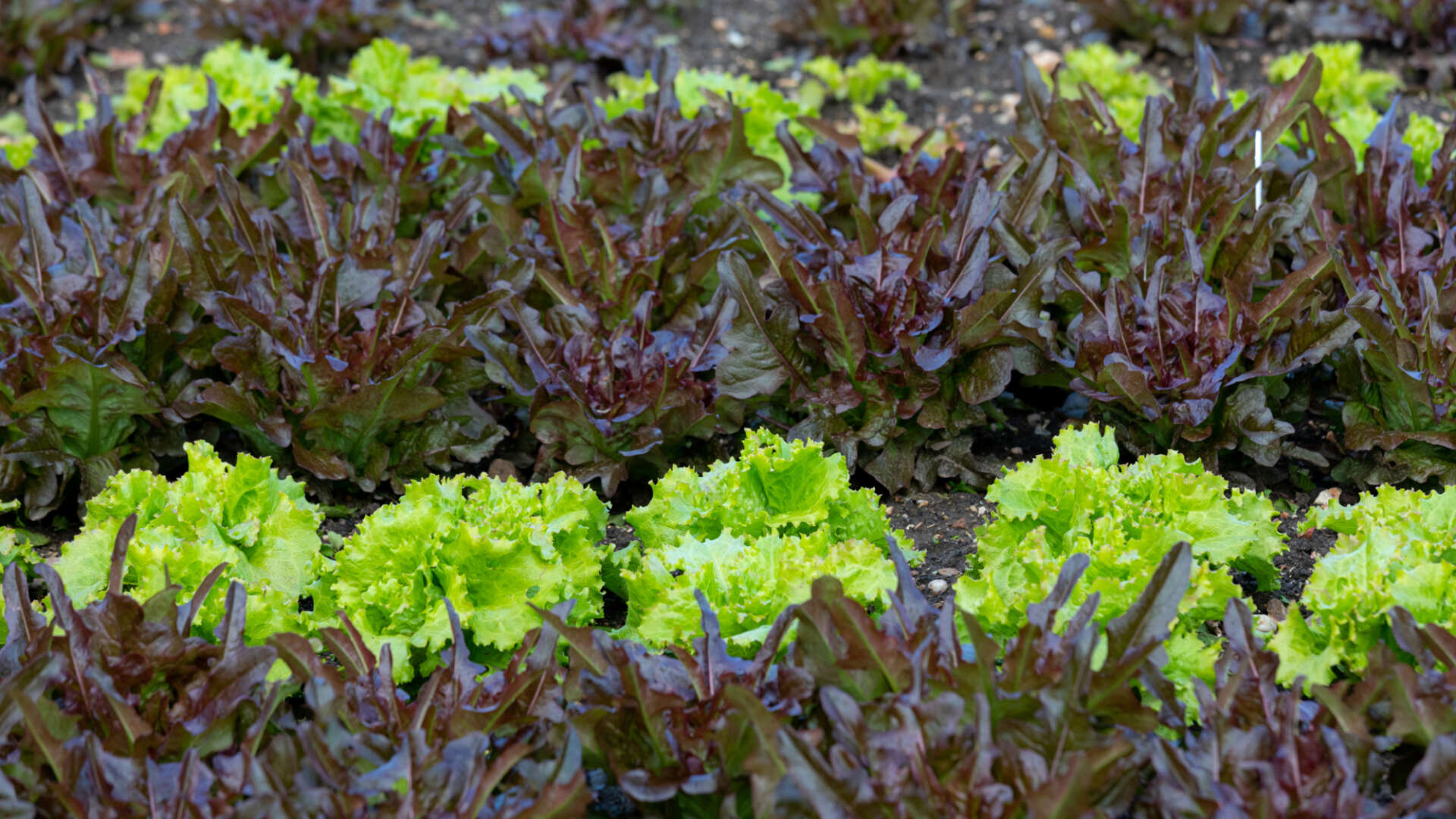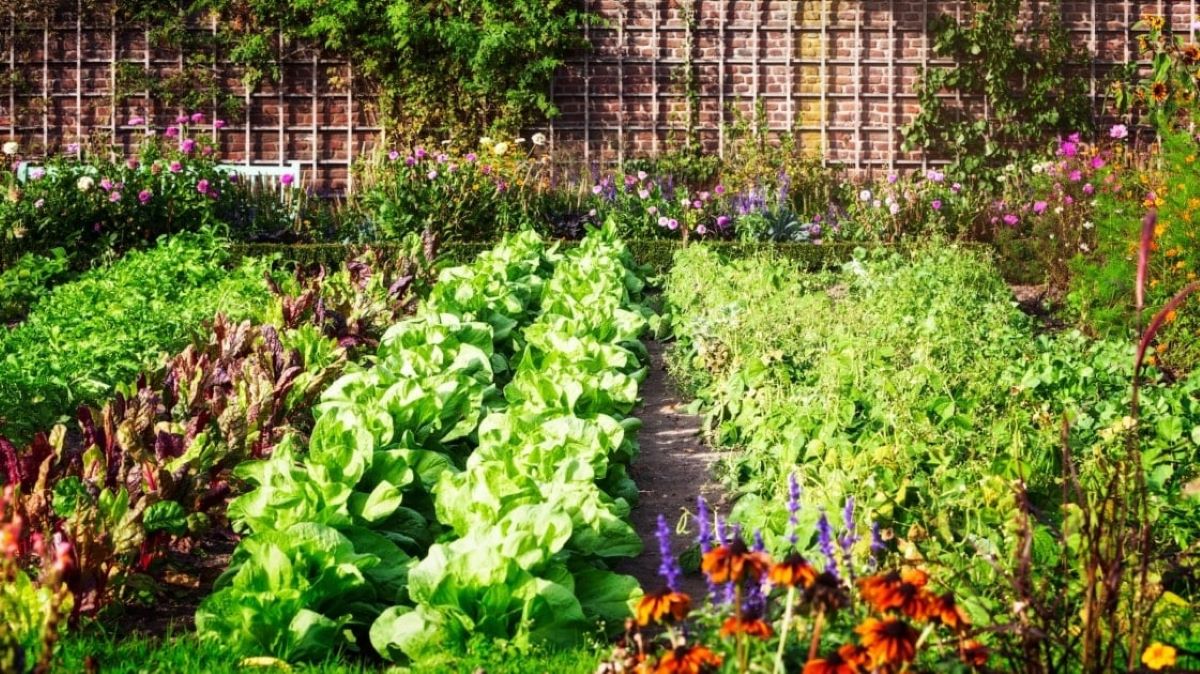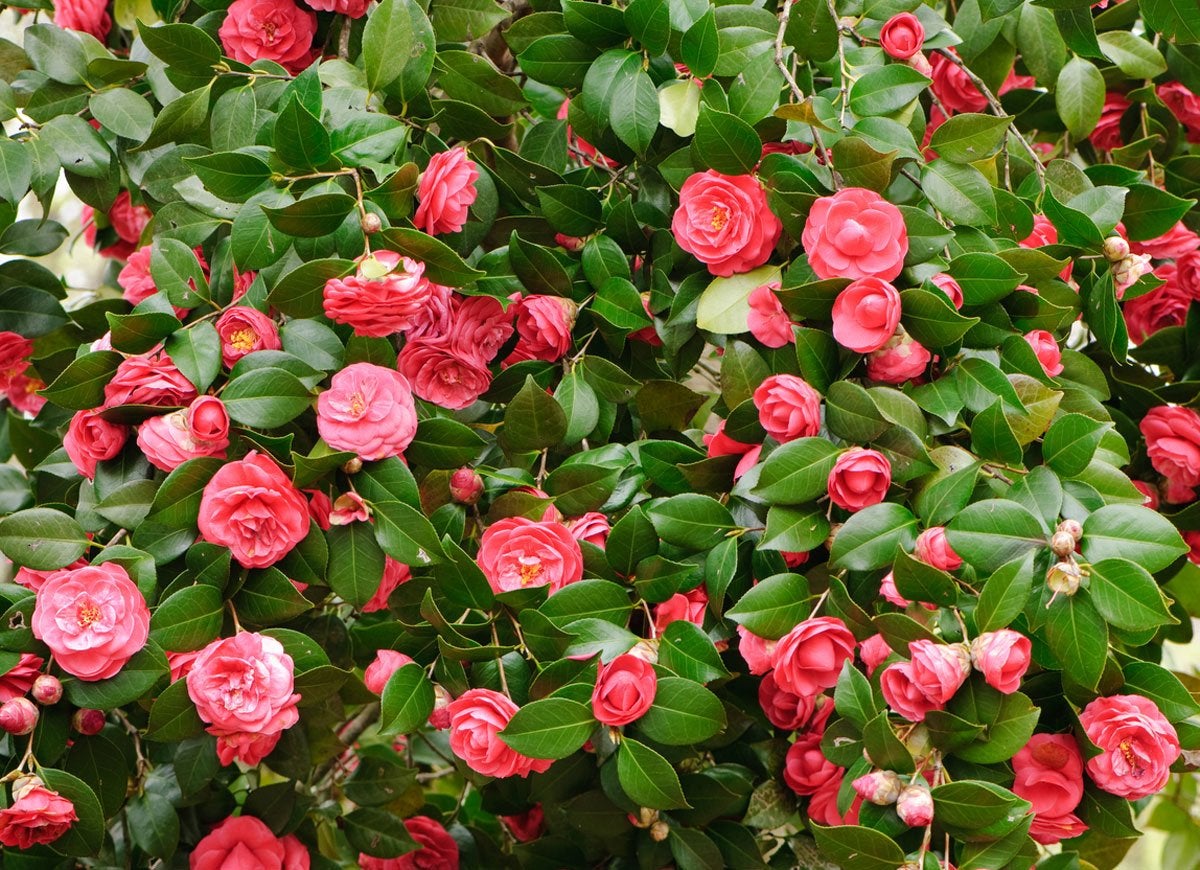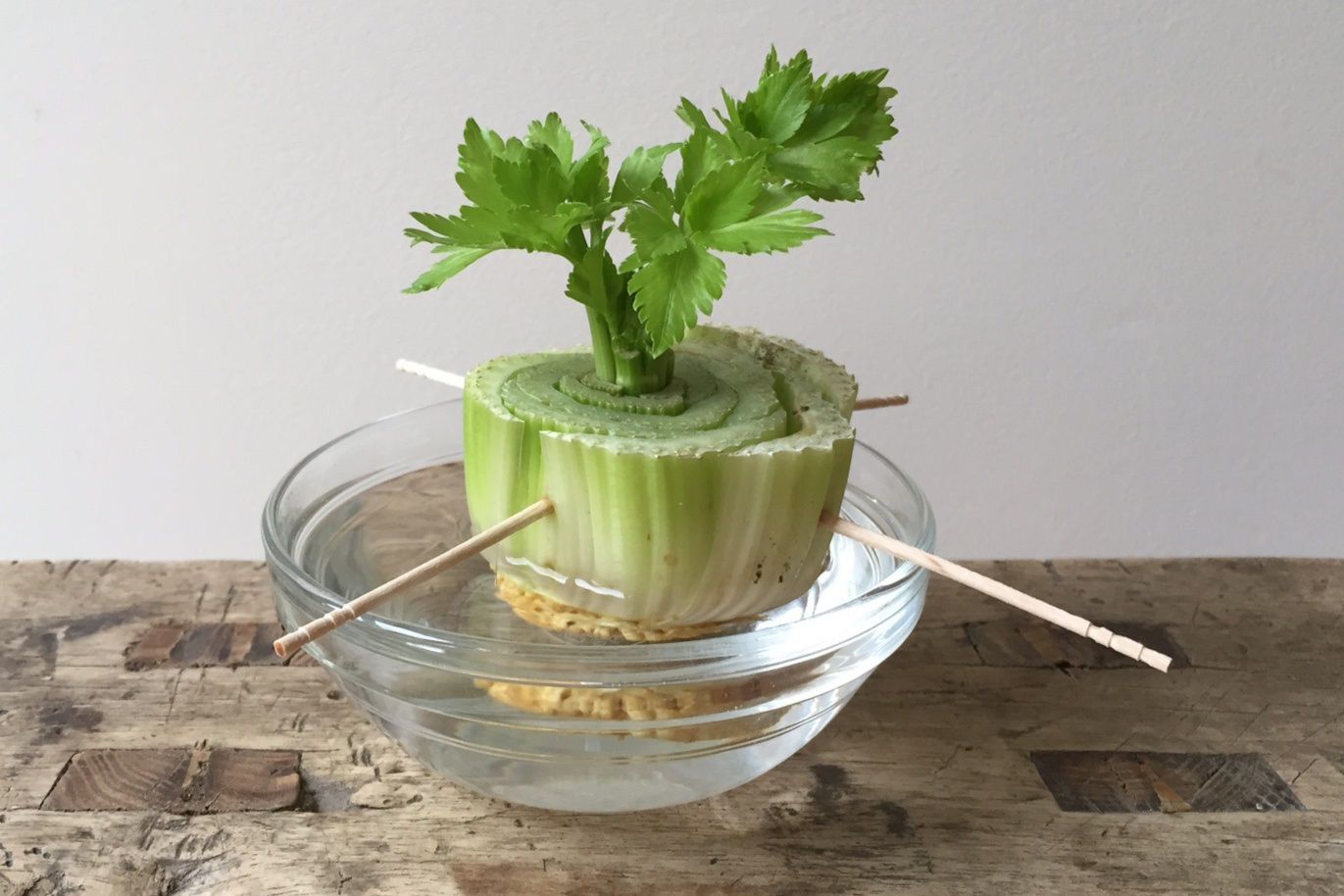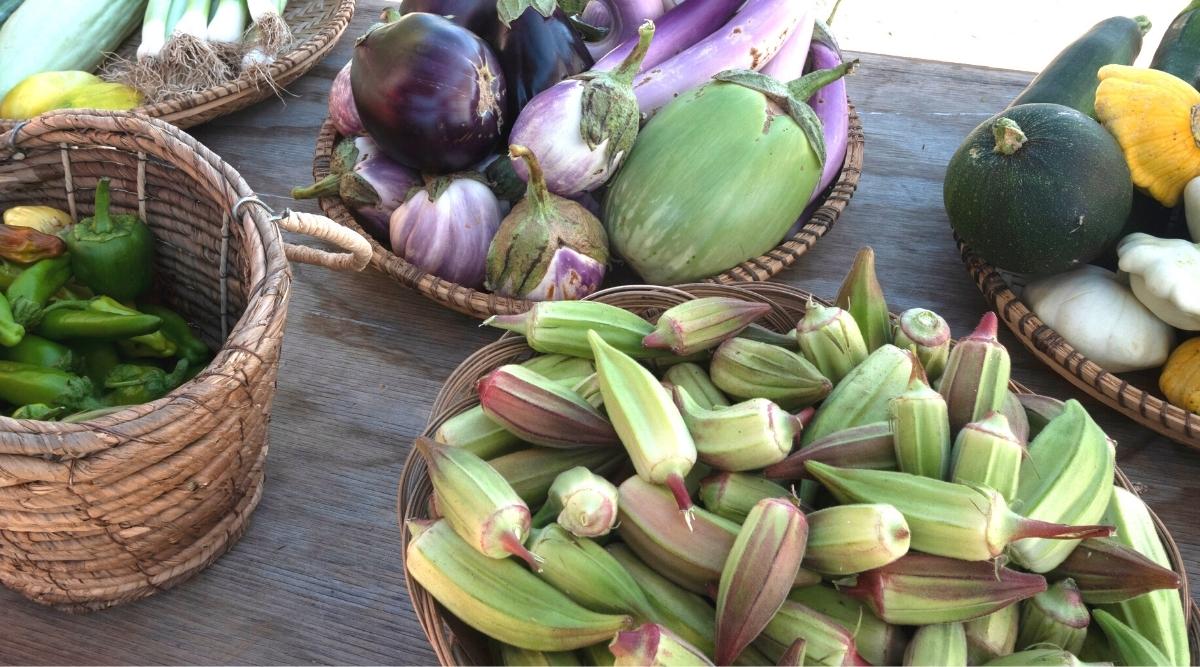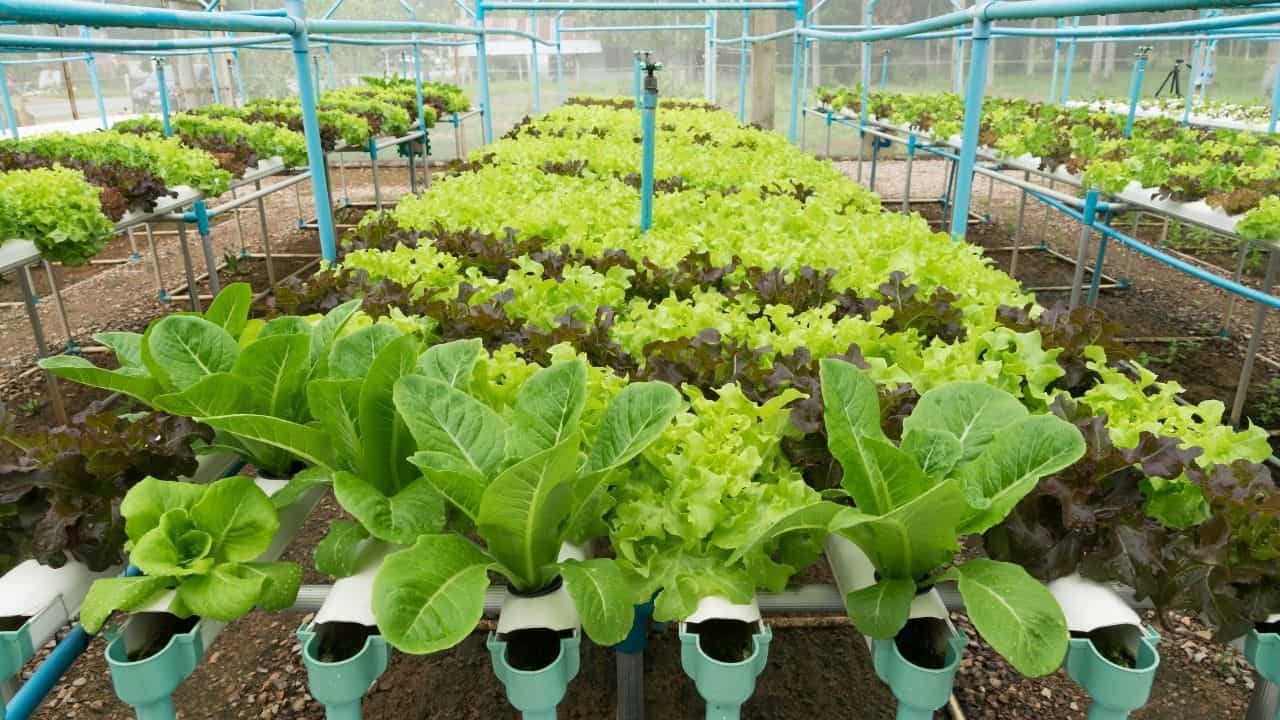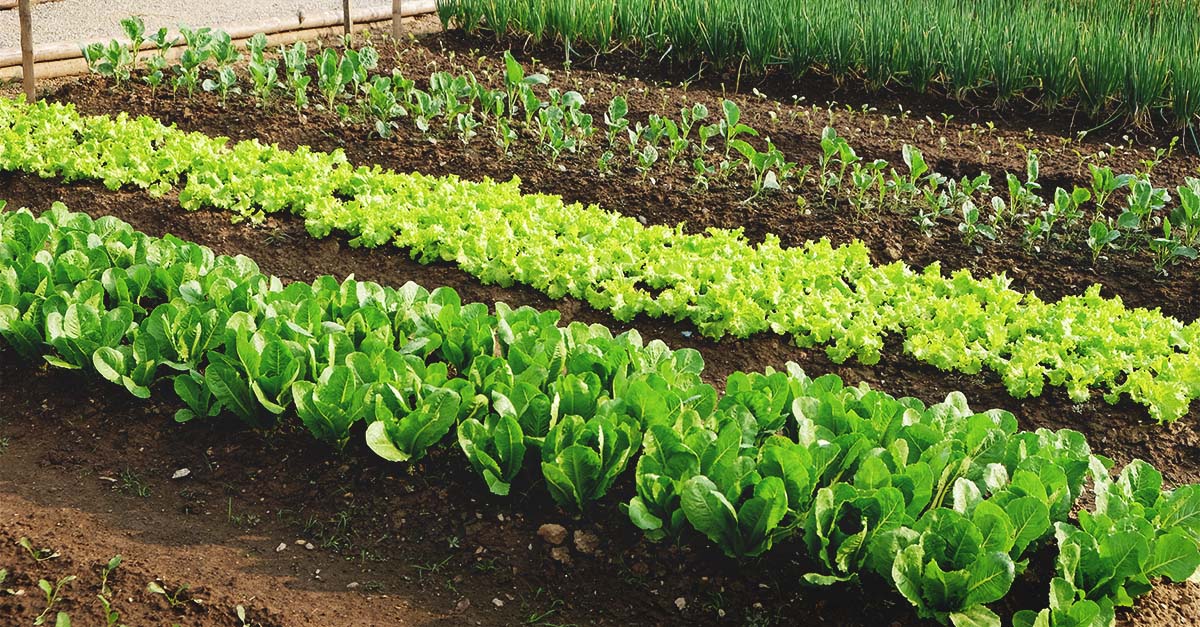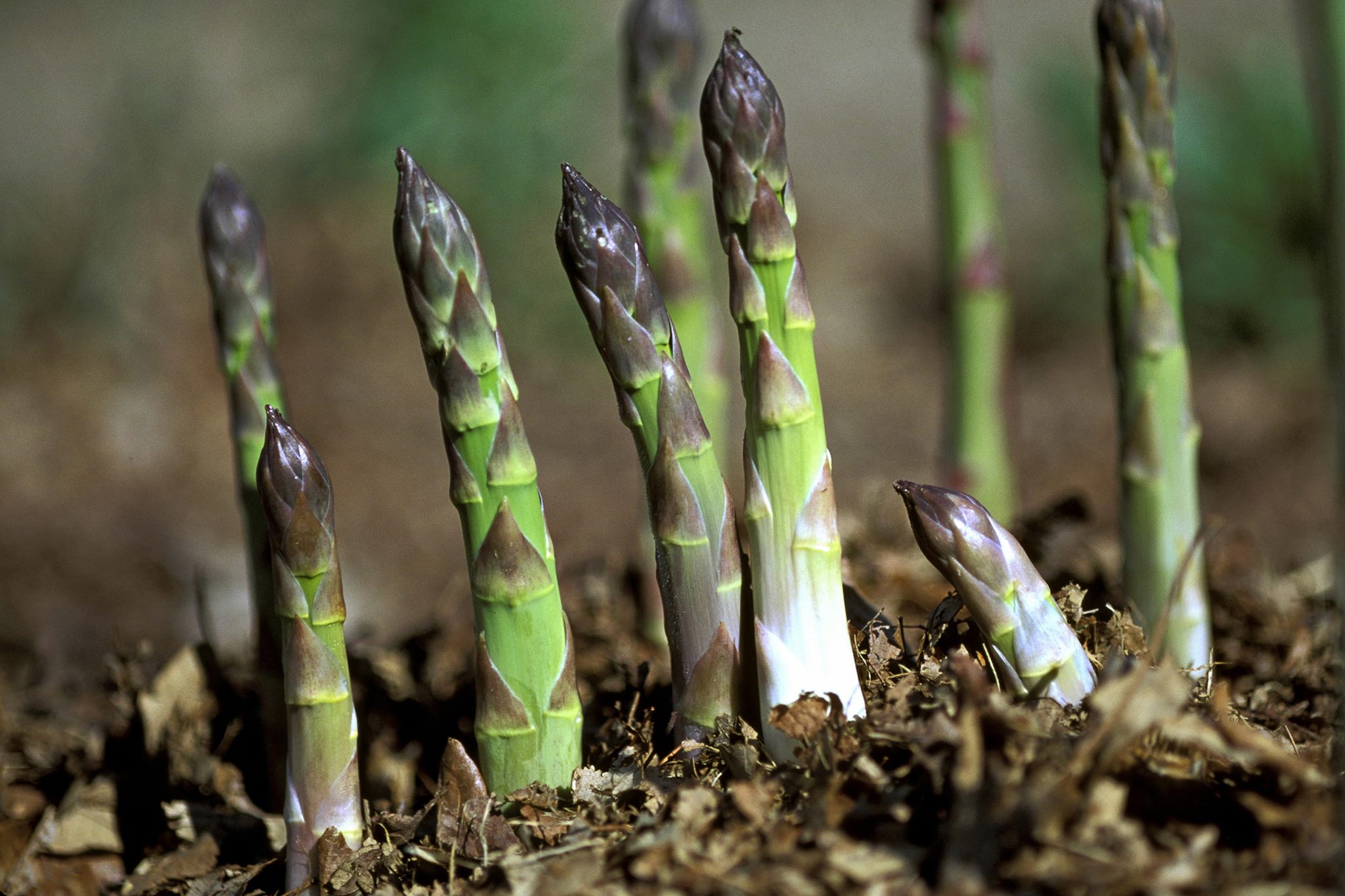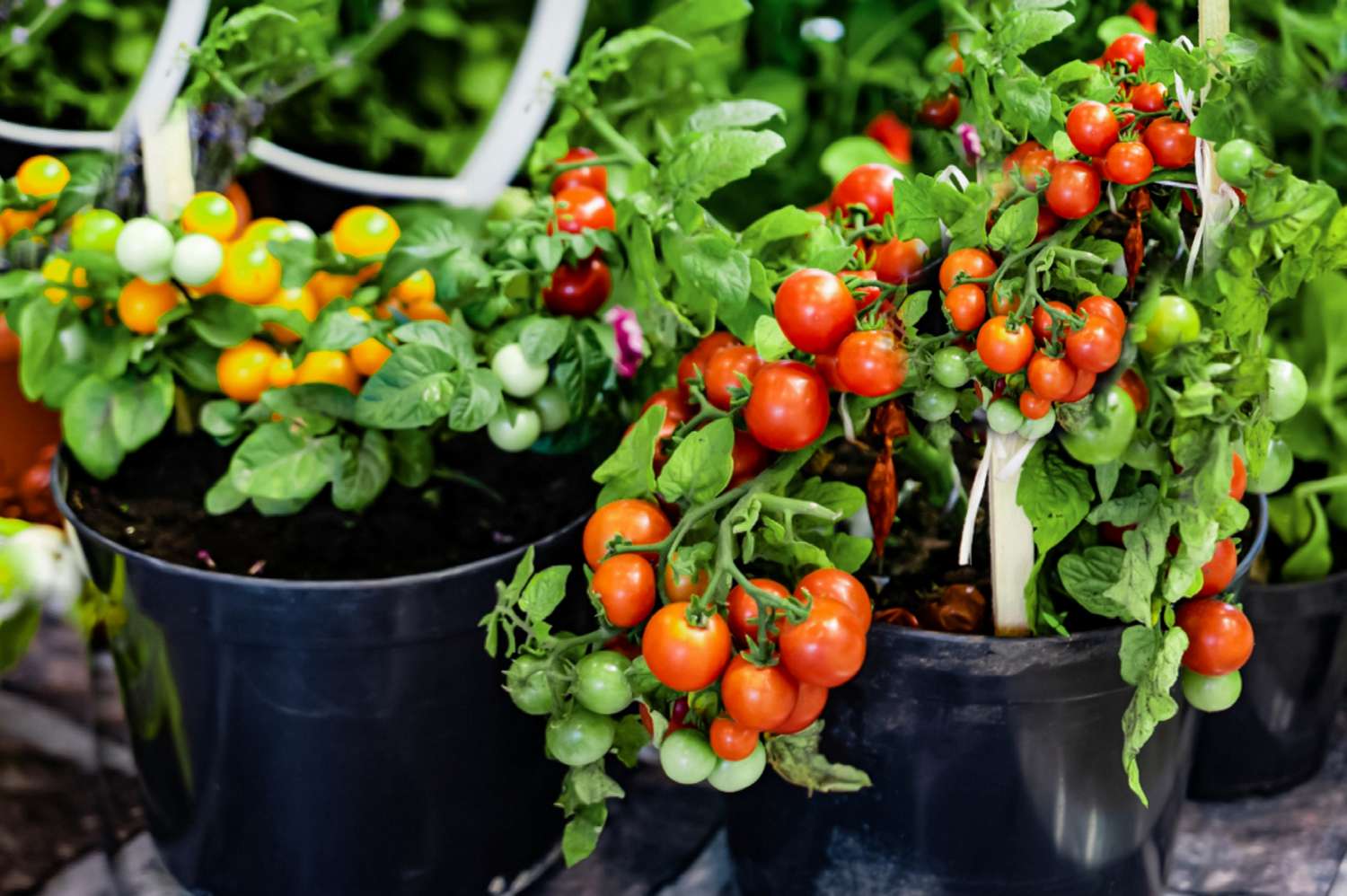Home>Gardening Basics>Understanding Soil>What Vegetables Grow In Winter In Alabama
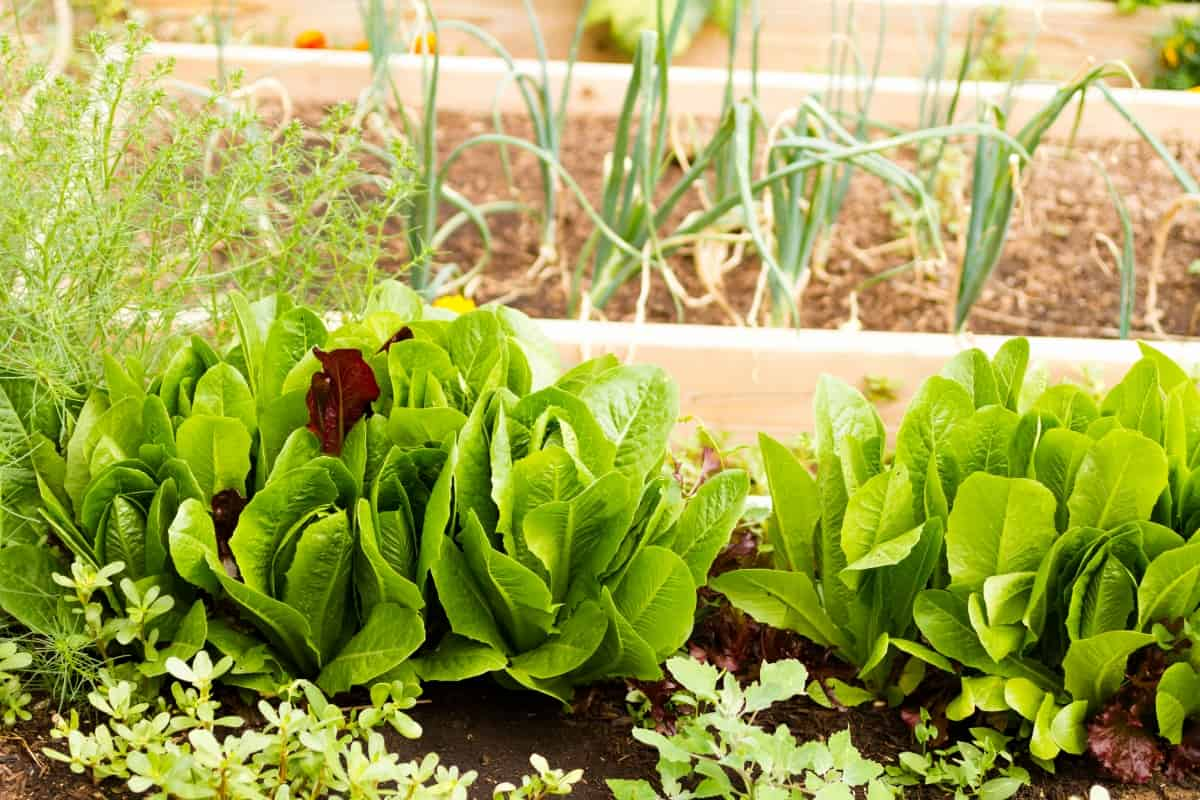

Understanding Soil
What Vegetables Grow In Winter In Alabama
Modified: January 22, 2024
Discover the best vegetables to grow during winter in Alabama and enhance your understanding of soil for optimal gardening results.
(Many of the links in this article redirect to a specific reviewed product. Your purchase of these products through affiliate links helps to generate commission for Chicagolandgardening.com, at no extra cost. Learn more)
Table of Contents
Introduction
When it comes to gardening, many people often associate it with the spring and summer seasons. However, gardening can be a year-round activity, even in states with milder winters like Alabama. Winter gardening in Alabama offers a unique opportunity to grow a variety of vegetables that thrive in colder temperatures.
During the winter months, the shorter days and cooler temperatures may seem challenging for growing vegetables. However, there is a range of cold-hardy vegetables that can withstand the Alabama winter and provide you with a fresh and nutritious harvest. By choosing the right vegetables and providing them with the necessary care, you can enjoy a thriving winter garden.
This article will explore the vegetables that grow well in winter in Alabama, allowing you to continue your gardening journey throughout the colder months. Whether you have a backyard garden or limited space for container gardening, there are plenty of options to explore. Let’s delve into the world of winter gardening in Alabama and discover the vegetables that will grace your plates during the chilly season.
Leafy Greens
Leafy greens are an excellent choice for winter gardening in Alabama. These vegetables not only add color and texture to your garden but also provide a rich source of essential vitamins and minerals. Fortunately, many leafy greens thrive in cooler temperatures, making them ideal for winter cultivation.
One popular leafy green that fares well in Alabama winters is kale. With its sturdy leaves and cold tolerance, kale can withstand frost and continue to grow throughout the season. Varieties like curly kale and Lacinato kale, also known as Tuscan or dinosaur kale, are particularly suited to winter gardening in Alabama. They can be harvested for soups, stews, or even added to smoothies for a nutritious boost.
Another leafy green to consider is spinach. This versatile vegetable can be used in salads, stir-fries, or sautéed as a side dish. Spinach varieties such as Bloomsdale and Winter Giant are excellent options for winter gardening, as they can handle the colder temperatures.
Collard greens, a staple in Southern cuisine, are also well-suited to Alabama’s winter climate. Their large, dark green leaves are packed with nutrients and can be cooked in various ways. Collard greens are known for their ability to withstand colder temperatures and even improve in flavor after exposure to frost.
When planting leafy greens in your winter garden, it’s important to provide them with enough sunlight and regular watering. Additionally, consider incorporating organic matter into the soil to improve its fertility and drainage. This will help your leafy greens flourish and provide you with a bountiful harvest throughout the winter months.
Root Vegetables
Root vegetables are an excellent addition to your winter garden in Alabama, as they can withstand the colder temperatures and provide you with delicious, hearty harvests. These vegetables thrive in well-drained soil and can be a great source of nutrients and flavors during the winter months.
One popular root vegetable to consider is carrots. Carrots come in various shapes, sizes, and colors, making them a visually appealing addition to your garden. Varieties like Napoli, Scarlet Nantes, and Danvers 126 are well-suited to Alabama’s winter growing conditions. Harvesting carrots in winter ensures their sweetness and tenderness.
Radishes are another root vegetable that thrives in cooler temperatures. They are quick to mature and can be ready for harvest within a few weeks of planting. Varieties like Cherry Belle and French Breakfast are known for their crisp texture and slightly spicy flavor. Radishes add a pop of color and tang to winter salads or can be enjoyed alone as a crunchy snack.
Beets also make a great addition to your winter garden. These hearty root vegetables can withstand the cold and provide you with earthy, sweet flavors. Varieties like Detroit Dark Red and Golden Beet are ideal for winter gardening in Alabama. Harvesting beets in winter allows you to enjoy their flavors at their peak and incorporate them into various dishes, such as roasted beets or beet salads.
Parsnips, often overlooked, are a cold-hardy root vegetable that thrives in winter climates. They have a slightly sweet and nutty flavor, making them a perfect addition to stews or roasted vegetable medleys. Parsnips, such as Hollow Crown and Gladiator, can be left in the ground during winter, as the cold temperatures enhance their flavor.
When growing root vegetables, ensure they have enough space to grow and develop their roots. Adequate soil preparation, including loosening the soil and removing any rocks or debris, is crucial for optimal growth. Regular watering and mulching can help retain moisture and protect the roots from freezing temperatures. With proper care, your winter garden will be filled with a variety of delicious root vegetables.
Cruciferous Vegetables
Cruciferous vegetables are another excellent choice for your winter garden in Alabama. These vegetables belong to the Brassicaceae family and include favorites like broccoli, cauliflower, cabbage, and Brussels sprouts. Not only are they packed with essential nutrients, but they also thrive in cooler temperatures, making them well-suited for winter gardening.
Broccoli is a versatile and nutrient-rich vegetable that can withstand colder temperatures. Varieties such as Calabrese and Waltham can be sown in late summer or early fall for a winter harvest. Broccoli heads can be harvested while they are compact and tight, ensuring their optimal flavor and texture.
Cauliflower is another cruciferous vegetable that can be successfully grown in Alabama’s winter. Varieties like Snowball and Purple of Sicily are known for their ability to tolerate colder temperatures. Harvesting cauliflower during winter ensures its sweetness and firmness, adding a delightful touch to your winter meals.
Cabbage is a cold-hardy vegetable that provides ample opportunities for culinary creativity in the kitchen. Varieties like Early Jersey Wakefield and Red Express will thrive in Alabama’s winter climate and provide you with large, crisp heads. Cabbage can be used in a variety of dishes, including coleslaw, stir-fries, or added to soups and stews for extra flavor and texture.
Brussels sprouts are a beloved winter vegetable that thrives in cooler temperatures. These miniature cabbage-like vegetables develop along a sturdy stalk and can be harvested from late fall through the winter months. Varieties like Jade Cross and Long Island Improved are well-suited for winter gardening in Alabama. Harvesting Brussels sprouts after the first frost enhances their flavor and sweetness.
When growing cruciferous vegetables, provide them with adequate space and sunlight to encourage healthy growth. Proper soil preparation, including adding compost or well-rotted manure, can improve drainage and fertility. Regular watering and feeding with a balanced fertilizer will support their development. With a little care and attention, you can enjoy a vibrant and abundant range of cruciferous vegetables throughout the winter season.
Alliums
Alliums are a family of vegetables that include onions, garlic, leeks, and shallots. These flavorful additions to your winter garden in Alabama not only provide culinary versatility but also have the ability to thrive in colder temperatures.
Onions are a staple in the kitchen and can be grown successfully during the winter months in Alabama. Varieties such as Candy, Texas Early White, and Red Creole are well-suited for winter gardening. Onions can be harvested when the tops turn yellow and start to fall over, indicating that they are ready to be pulled from the ground. Properly stored onions can last for several months, adding flavor and depth to a wide range of dishes.
Garlic is another allium that thrives in cool winter conditions. Depending on the variety, garlic can be planted in the fall or early winter for a summer harvest. Elephant garlic and hardneck garlic varieties, such as Music and German Extra Hardy, are suitable for winter gardening in Alabama. Harvesting garlic in summer allows the bulbs to fully mature and develop their characteristic flavors and aromas.
Leeks are a member of the onion family and are known for their mild and sweet flavor. They can be grown throughout the winter season in Alabama. Leeks can be harvested when they reach the desired size, usually after a few months of growth. They can be used in various culinary applications, including soups, stews, or as a flavorful addition to roasted vegetables.
Shallots are a versatile allium that can add a depth of flavor to your winter dishes. These small, elongated bulbs are known for their sweet and mild taste. Shallots can be planted in fall for early spring harvest. Varieties like French Red and Gray Griselle are well-suited for winter gardening in Alabama. Harvesting shallots when the foliage starts to yellow and wither ensures their optimal flavor and storage capacity.
When growing alliums, prepare the soil by adding organic matter to improve fertility and drainage. Alliums prefer well-drained soil and full sun exposure. Regular watering is essential, especially during drier periods. With their unique flavors and versatility in the kitchen, alliums are a valuable addition to your winter garden in Alabama.
Herbs
Adding fresh herbs to your cooking can elevate the flavors of your dishes, even during the winter months in Alabama. Luckily, there are several herbs that thrive in cooler temperatures, making them perfect for winter gardening.
One popular herb to grow in winter is parsley. This versatile herb can be used as a garnish, added to salads, or incorporated into various dishes for a fresh flavor. Flat-leaf parsley, also known as Italian parsley, is particularly well-suited for winter gardening. It can withstand the cold temperatures and provide you with a continuous harvest throughout the season.
Another herb that can thrive during winter is rosemary. Rosemary is an evergreen herb with fragrant, needle-like leaves that can be used to add flavor to roasts, stews, or even infused in oils and vinegars. Rosemary plants prefer well-drained soil and full sun exposure, making them a perfect addition to your winter garden in Alabama.
Thyme is a versatile herb that can tolerate colder temperatures. With its small, aromatic leaves, thyme adds a unique flavor to soups, stews, and various meat dishes. Varieties like English thyme and French thyme are well-suited for winter gardening and can be harvested throughout the season.
Chives are another herb to consider for your winter garden. These slender, onion-flavored leaves can be used as a garnish or added to salads, dips, and omelets. Chives are cold-hardy and can be grown all winter in Alabama, providing you with a continuous supply of fresh herbs.
When growing herbs during the winter, ensure they have well-drained soil and sufficient sunlight. Regular watering is important, but be mindful not to overwater, as excessive moisture can lead to root rot. Harvesting herbs regularly promotes healthy growth and encourages bushier plants.
With fresh herbs from your winter garden, you can enhance the flavors of your favorite dishes and infuse them with the scents of the season. Whether you have a small herb garden or include them in your overall winter gardening plans, herbs are a fantastic addition to any Alabama garden.
Winter Squash
Winter squash is a versatile and delicious vegetable that can thrive in the winter months in Alabama. These vegetables have a thick, hard skin that allows them to be stored for extended periods, hence the name “winter squash.” Winter squash varieties not only provide beautiful additions to your winter garden but also offer a range of flavors and textures to elevate your meals.
One popular winter squash to consider is butternut squash. Known for its sweet, nutty flavor and smooth, orange flesh, butternut squash is perfect for roasting, soups, or adding to pasta dishes. This squash variety can be harvested in late summer or early fall and stored throughout the winter months, making it a fantastic addition to your winter garden in Alabama.
Acorn squash is another variety of winter squash that flourishes in colder temperatures. With its distinctive shape and sweet, slightly nutty flavor, acorn squash can be roasted, stuffed, or used in soups and stews. Harvesting acorn squash when they are fully mature and the skin turns a deep green enhances their flavor and texture.
Delicata squash, also known as sweet potato squash, is a smaller winter squash variety that is perfect for individual servings or roasting alongside other vegetables. It has a creamy, sweet flavor and an edible skin, making it a convenient option for cooking. Delicata squash can be harvested in late summer or early fall and enjoyed throughout the winter season.
When growing winter squash, provide them with ample space to spread and thrive. They prefer well-drained soil with plenty of organic matter. Regular watering is important during the initial stages of growth, but as the plants mature, reduce watering to avoid rotting. Harvest squash when the skin is hard and fully developed, using a sharp knife to cut the stem above the fruit.
With their vibrant colors and rich flavors, winter squash adds a comforting touch to your winter meals. From savory side dishes to hearty main courses, these versatile vegetables are a delightful addition to your Alabama winter garden.
Conclusion
Gardening in Alabama doesn’t have to end when winter arrives. With the right selection of vegetables, you can enjoy a thriving winter garden filled with fresh and nutritious produce. From leafy greens and root vegetables to cruciferous vegetables, alliums, herbs, and winter squash, there is a wide variety of options to choose from.
Leafy greens like kale, spinach, and collard greens provide a vibrant burst of color and essential nutrients during the colder months. Root vegetables such as carrots, radishes, beets, and parsnips offer hearty flavors and textures while adding depth to your winter dishes. Cruciferous vegetables like broccoli, cauliflower, cabbage, and Brussels sprouts thrive in cooler temperatures, providing you with versatility in the kitchen.
Alliums like onions, garlic, leeks, and shallots bring robust flavors to your culinary creations, while herbs like parsley, rosemary, thyme, and chives infuse your dishes with aromatic freshness. And let’s not forget winter squash, such as butternut squash, acorn squash, and delicata squash, that add a touch of sweetness and richness to your winter meals.
To grow a successful winter garden in Alabama, ensure you choose cold-hardy vegetables, prepare the soil properly, provide adequate sunlight and water, and protect your plants from extreme weather conditions. With a little planning and care, you can enjoy a continuous harvest of fresh and delicious vegetables even during the chilly winter months.
So, embrace the unique opportunity of winter gardening in Alabama. Take advantage of the cooler temperatures and make use of the variety of vegetables that thrive during this season. Not only will you enjoy the satisfaction of growing your own food, but you’ll also have access to a diverse range of flavors, textures, and nutrients to enhance your winter meals. Happy gardening!
